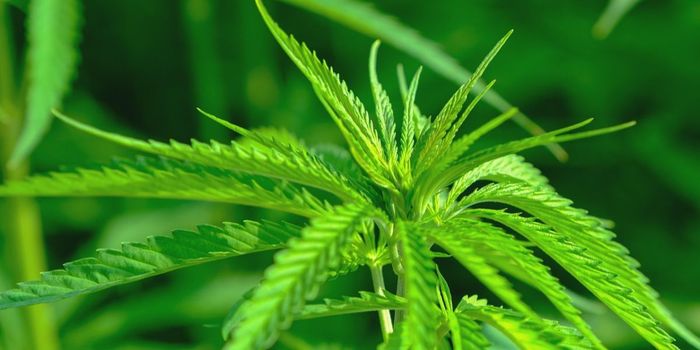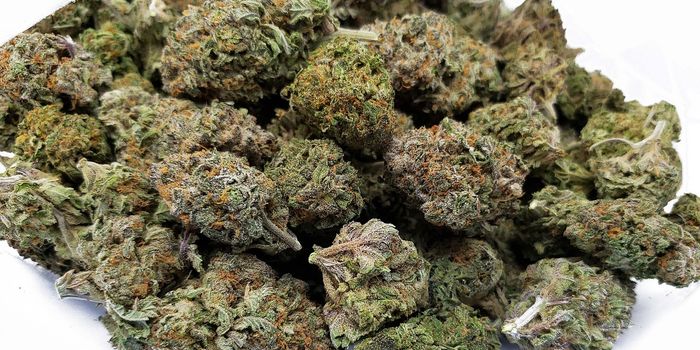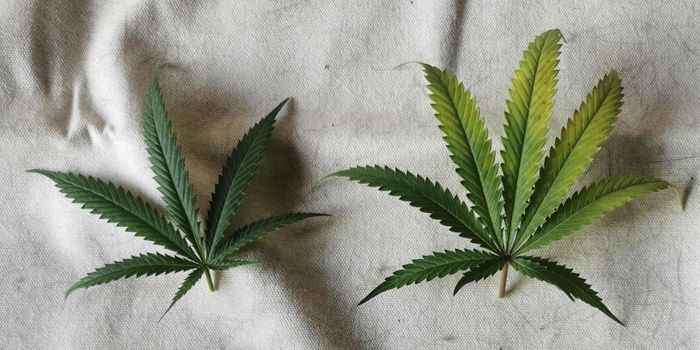How High is Too High? Dosing and CBDs.
A recent study in the journal Pain from researchers out of McGill University may be the first attempt to determine appropriate dosages for cannabidiol (CBD) in treating chronic pain. This is of particular interest because, ever since CBDs have hit the market with claims to help everything from pain to sexual dysfunction, there have been no systematic studies on how much CBD should be ingested to relieve various ailments. Further complicating matters is that CBD is currently classified by the Food and Drug Administration (FDA) as a food supplement and not as a therapeutic. Because of this, CBD companies are actually prohibited to provide dosage information, for in FDA parlance that would be "misbranding", however, since it is considered a food supplement the label is required to provide a "suggesting serving size".
Photo Source: UnSplash.com
As far as THC content goes (there is almost always trace amounts of THC in CBD oil) the legal percentage of THC allowed ranges from 0.03% to 1%, depending on the country. For example, in the European Union (EU), the cultivation of certain cannabis varieties is granted provided the THC content does not exceed 0.2%. Because of the FDA label issues, if you want to get an idea of what "dose" or amount of CBD to ingest, you would have to rely on unauthorized websites and anecdotal evidence. Until CBD oil is seen as a therapeutic instead of a food supplement, this is essentially all the information we have to go on.
The CBD oil industry does provide some dosage recommendations (albeit worded very carefully to not alert authorities). For instance, Highland Pharms, a manufacturer of CBD-based products based out of Washington state, has a page on their website called "How Much CBD Should I Take?" (Serving Size). While they cannot recommend a "dose" per se, they do point out that an average human dose is about 1/mg to 40/mg a day.
Photo Source: A L Loriaux
That is why the report out of McGill is so interesting. It was directed at finding the optimal dose for pain management in rodents. Because this is scientific research performed on animals the FDA has little if any jurisdiction here. What the report found was, at least for pain, a seven-day CBD injection at a dose of 5 mg/kg decreased measures of allodynia (i.e. pain sensitivity) in a rodent model of neuropathic pain. Another interesting finding, which really just adds to the complexity of our endocannabinoid system, is that CBD treatment affected serotonin levels. This effect could ultimately decrease anxiety, which was also seen in the rats. So, in an attempt to not step on the FDA's toes, if one were to use this "magic" dose found in rats to calculate how much CBD a human should be taking, I will leave it for you to do the math. I will end on two words, however: NOT RECOMMENDED!
Sources: Pain, www.leafly.com, Medical Cannabis and Cannabinoids, European Union Commission, how-much-cbd-should-I-take.com, highlandpharms.com










